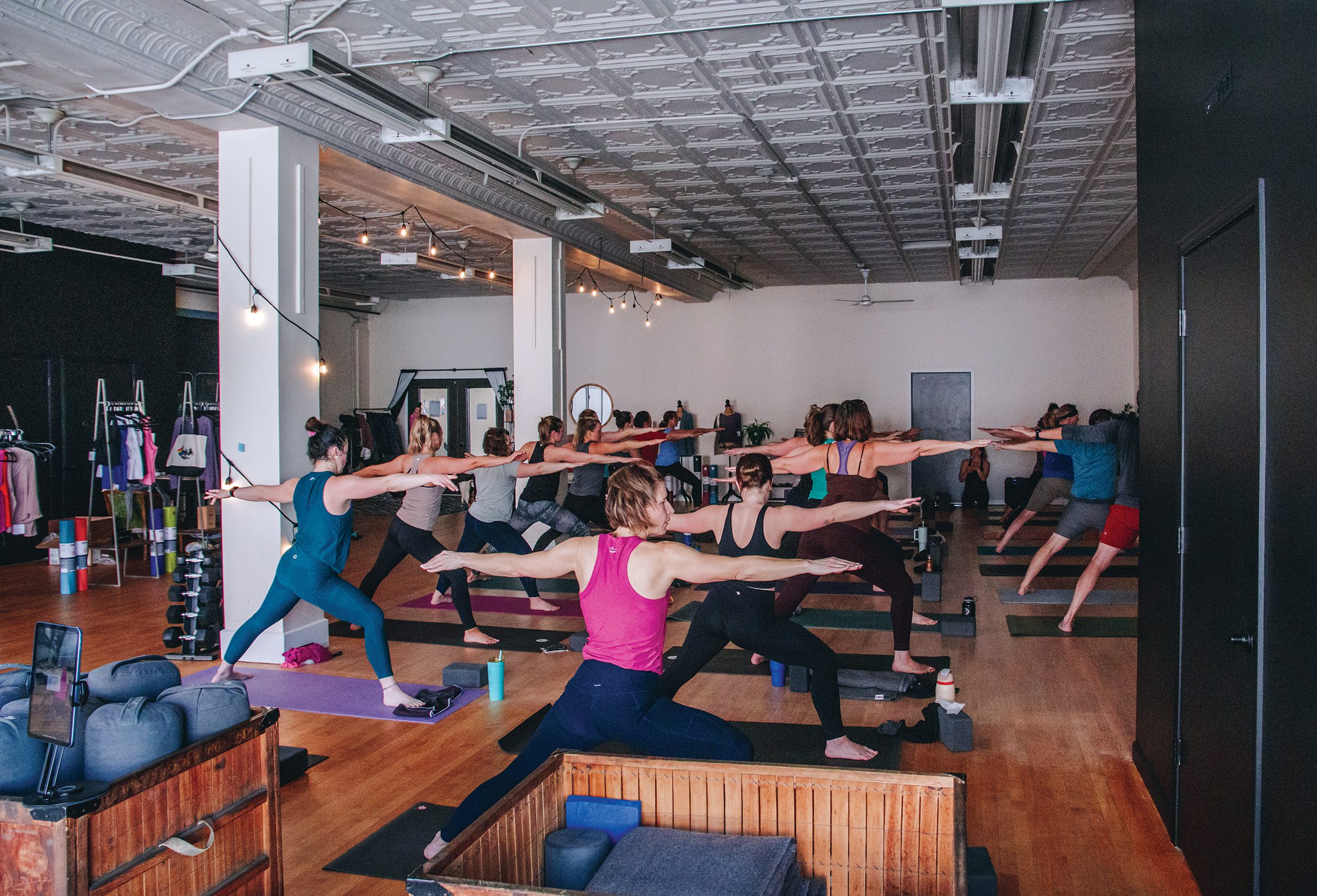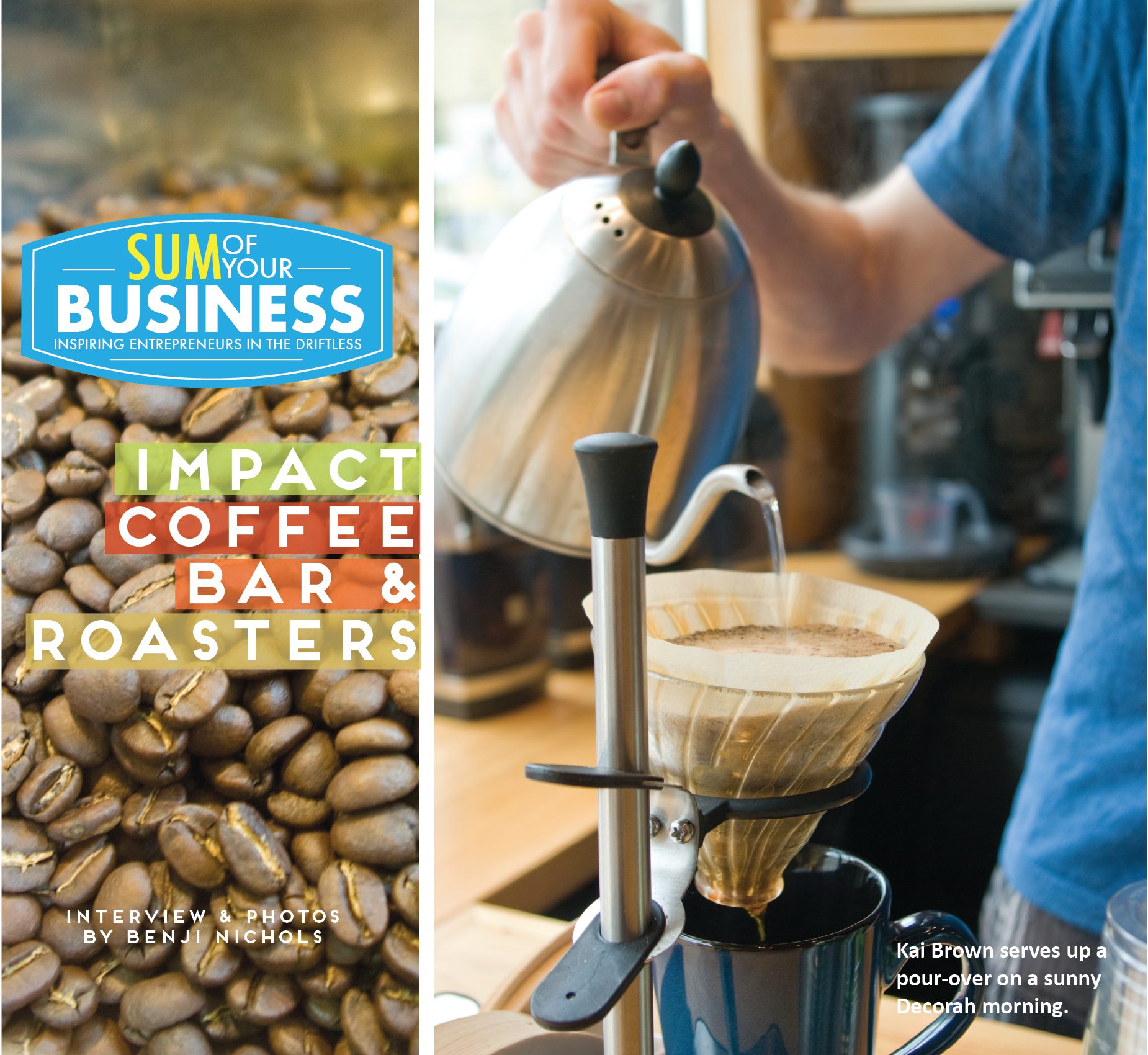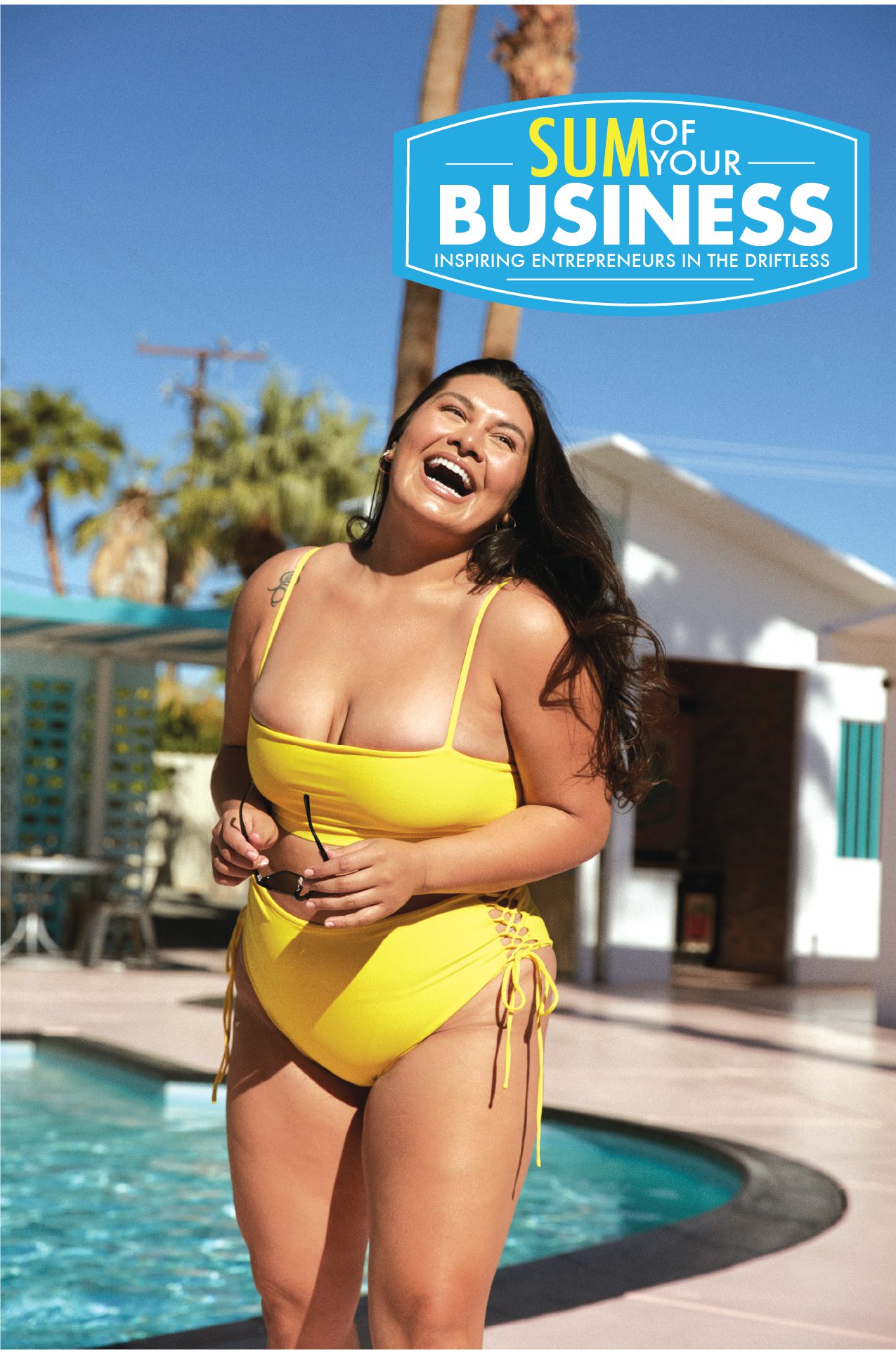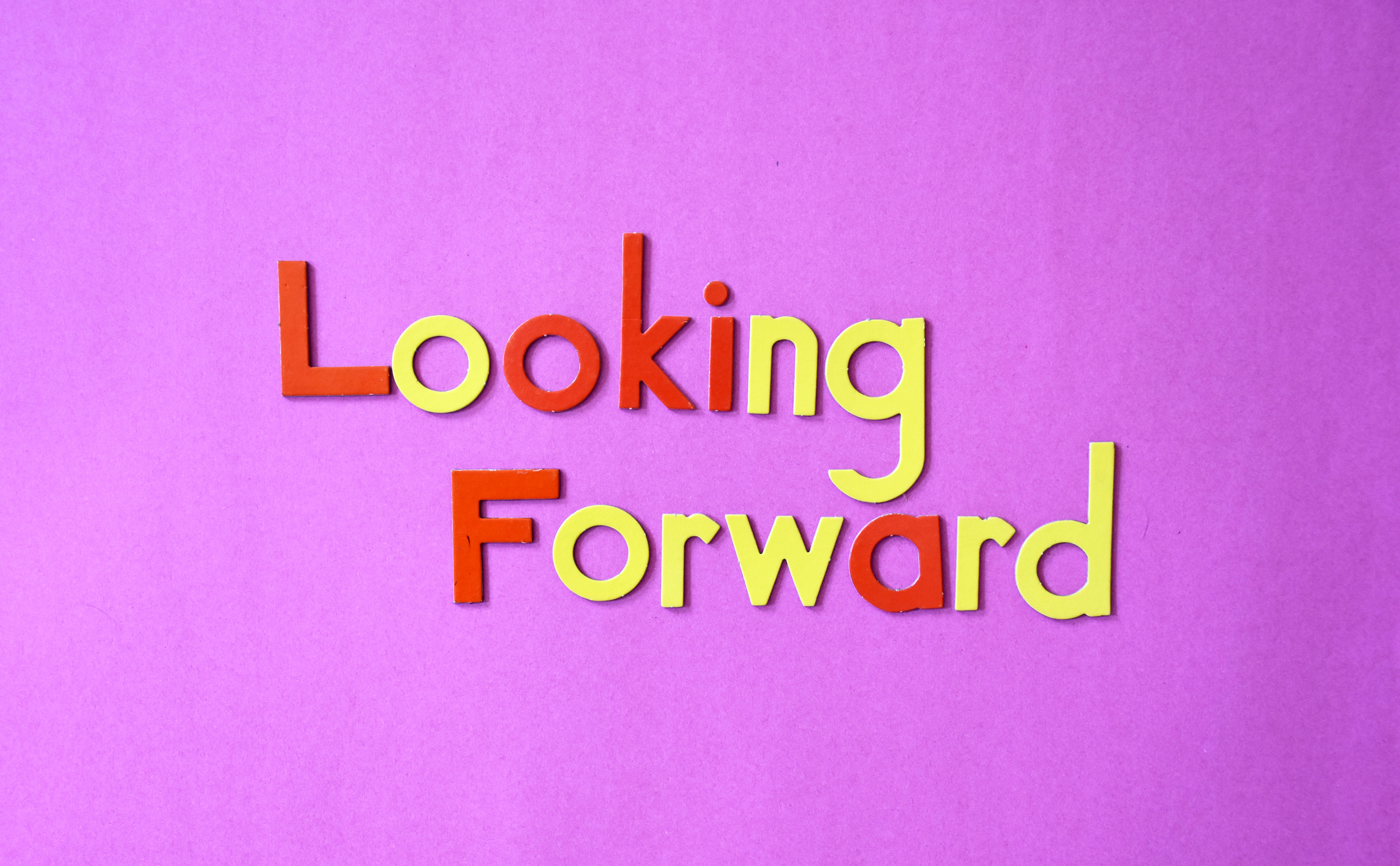John Peterson – Ferndale Market
A cozy, warm home, filled with the smells of a slow cooked meal can make the magic of a holiday (or any cold day!) come to life.
At the center of many of those meals is often the classic roast turkey. With the hustle and bustle of life, it can seem daunting to take on the loving preparation and time a festive meal may require. But one might argue that there’s never been a better time than right now to revel in the kitchen – it can really bring you back to the present. Turkeys are not all the same though, so before you run out to grab the cheapest grocery-chain bird you can find, consider not just the investment of time you are making, but the investment in quality local food as well.
That is exactly what is at the heart of the third generation, family-run Ferndale Market in Cannon Falls, Minnesota. They call it “turkey without shortcuts,” which is an accurate description of how this iconic Minnesota producer raises their table-treasured turkeys.
It all started with Dale, and his wife Fern (get it? Fern-Dale!), Peterson in the late 1930s. The sight of a flock of turkeys, with the run of the range, can be a funny scene to those unfamiliar – with a curious flock staring you down from under a giant oak tree – but Ferndale has always believed in allowing their birds outdoor access through the temperate growing months, and they believe you can taste the difference. And while market preferences and trends have certainly changed, Ferndale continues growing their free-range, raised without antibiotics, delicious turkeys the same way.
2020 and the pandemic have thrown wrenches into every agriculture and food-related business, prompting new ways of selling and delivering product. We have seen losses of larger restaurant and retail partners, while some local and regional food markets have boomed. As winter settles in and the holidays come and go, consider supporting as many local and regional growers and food producers as you can, and enjoying their products as you make your home cozy and delicious-smelling.
Ferndale turkeys, and other tasty products like smoked turkey breast and snack sticks, can be found in our region at the Oneota Food Co-op in Decorah, People’s Food Co-op in La Crosse and Rochester, Bluff Country Co-op in Winona, the Viroqua Food Co-op, Free Range Exchange in Hokah, Parkway Market in Lanesboro, New Pioneer Co-op in Iowa City and Cedar Rapids, and on the farm in Cannon Falls at Ferndale Market (along with an amazing variety of regional products!). Find more locations across the Midwest and beyond at ferndalemarket.com.
Q&A with John Peterson of Ferndale Market
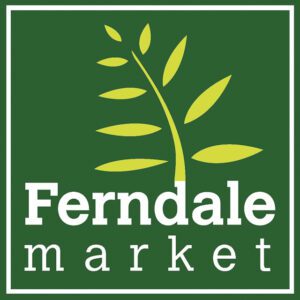
Name: John Peterson
Age: 40
Business: Ferndale Market – Cannon Falls, Minnesota
Years in Business: Our farm was started in 1939, and we opened Ferndale Market in 2008.
1. Tell us about the “leap” moment. When/how did you decide to jump in and become your own boss?
Our story might be a little less “leap” and a little more “journey.” I grew up on my family’s turkey farm, and I always enjoyed working outside and with our turkeys. As a kid collecting turkey eggs and moving ranges, I just didn’t have any idea I would turn it into my career! I studied Business and Communication in college, and in the years after graduating, I worked in admission for my alma mater, Augustana University. It was in these early adult years that my wife, Erica, and I became more engaged with our food system, and realized we had a unique opportunity to return to my family’s farm and begin direct-marketing our turkeys. Prior to that point, my family had sold our turkeys more conventionally to a processor, despite the fact that we continued to grow our turkeys outdoors.
We returned to my family’s farm in 2008, and launched Ferndale Market, named for my grandparents – Fern & Dale – who founded our farm in 1939. We remodeled our former hatchery into an on-farm local foods market, began developing new turkey products, and connected with restaurants and retailers to carry our turkey. Thankfully, consumers, chefs, and butchers have seen the difference in our Ferndale Market turkey, so we’re still here today!
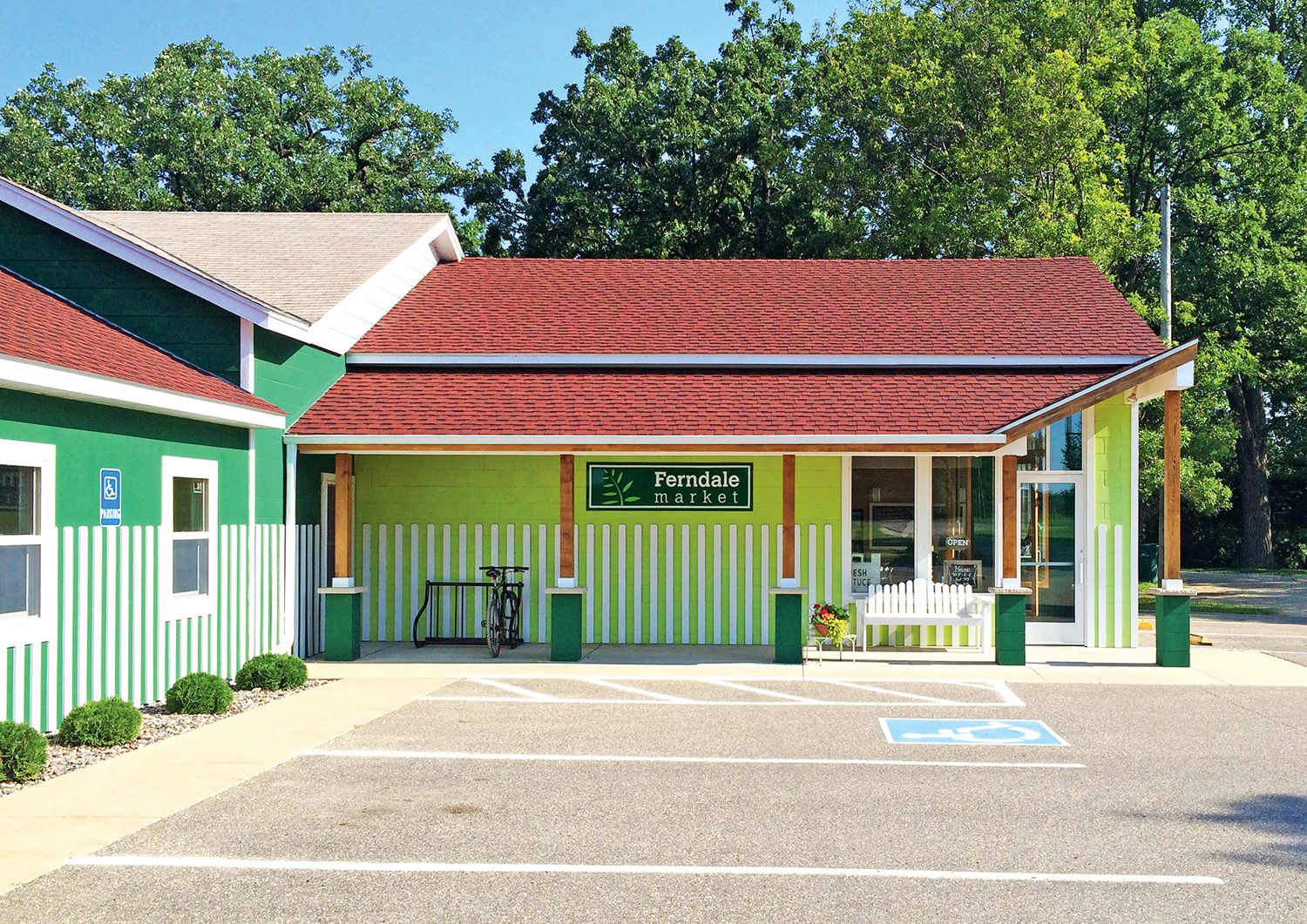
2. What’s the best thing about being your own boss?
Without a doubt, I most value the diversity in my work. I can start my day in a flock of turkeys, spend time at our warehouse packing our truck for delivery, talk about a new local product for our on-farm market, and visit with a restaurant chef by day’s end. I love the diversity and connections to both people and our turkeys it allows.
As we’ve grown, we’ve also been able to add partner farms, who follow our same practices and protocols to grow turkeys with us. Connecting with these fellow farmers regularly adds to the diversity of my work too. We have a couple who happen to be in the Driftless region, so I really enjoy getting out to those farms too!
3. How about the worst?
In our type of farming, the most challenging days are typically related to weather or the health of our flocks. With turkeys outdoors, weather impacts everything we do, particularly during the heat of summer or when weather is changing quickly. As a part of our Raised Without Antibiotics program, we work proactively to keep our flocks happy and healthy, so when weather or a health challenge disrupts our best laid plans, it’s always a tough day.
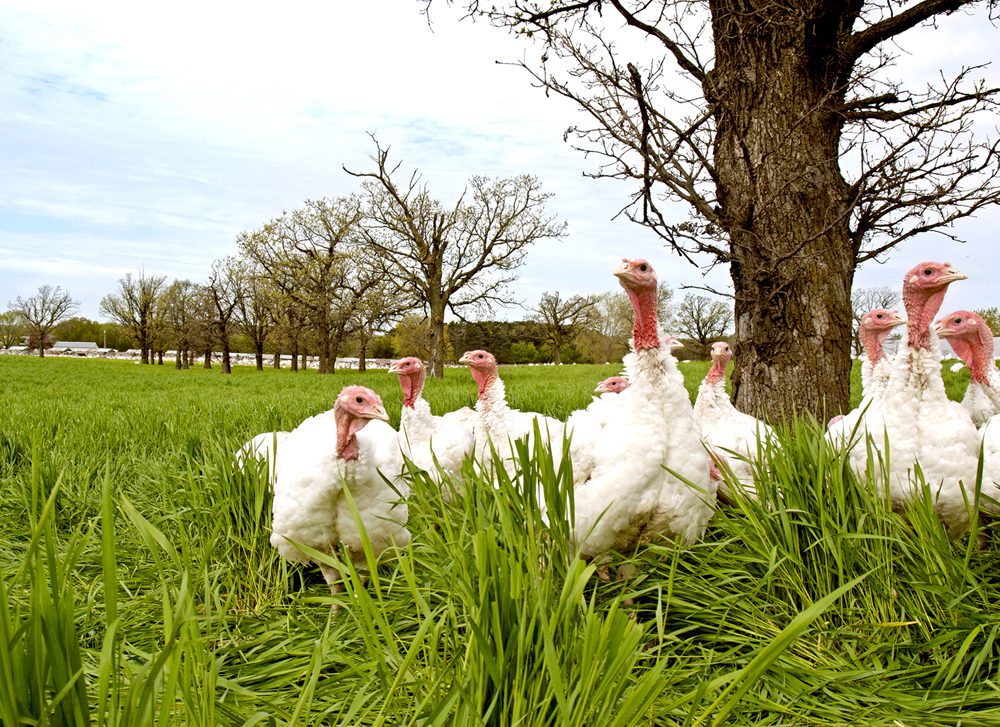
4. Was there ever a hurdle where you just thought, “I can’t do this?” How did you overcome it?
You know, we’ve had plenty of challenges, but I’ve never considered giving up. We believe really strongly in the ways we’re doing things differently on our farm and at Ferndale Market, as well as the different path we are trying to carve in the food and ag space. In a world where the typical distance between farm and plate is long and complicated, we’re passionate about having a closer tie to our food system.
I’m also buoyed by the interactions with our customers, both in our on-farm market and the chefs and butchers we sell to. Most farmers don’t get to know their consumers or have this routine validation for their work, so that’s a big wind in our sails.
5. Any mentors/role models you look to/have looked to?
I feel fortunate that others helped to blaze a trail for local foods by the time we launched in 2008, and I consider many of those folks to be mentors and friends. They created the models for farms like ours to learn from.
In terms of turkey-specific inspiration, I continue to learn a lot of “turkey smarts” from my dad, and view both my dad and grandpa as role models. They maintained our independence and continued growing free-range turkeys long after much of the industry had shifted directions. We’re here today because they had the vision to keep us on this path.
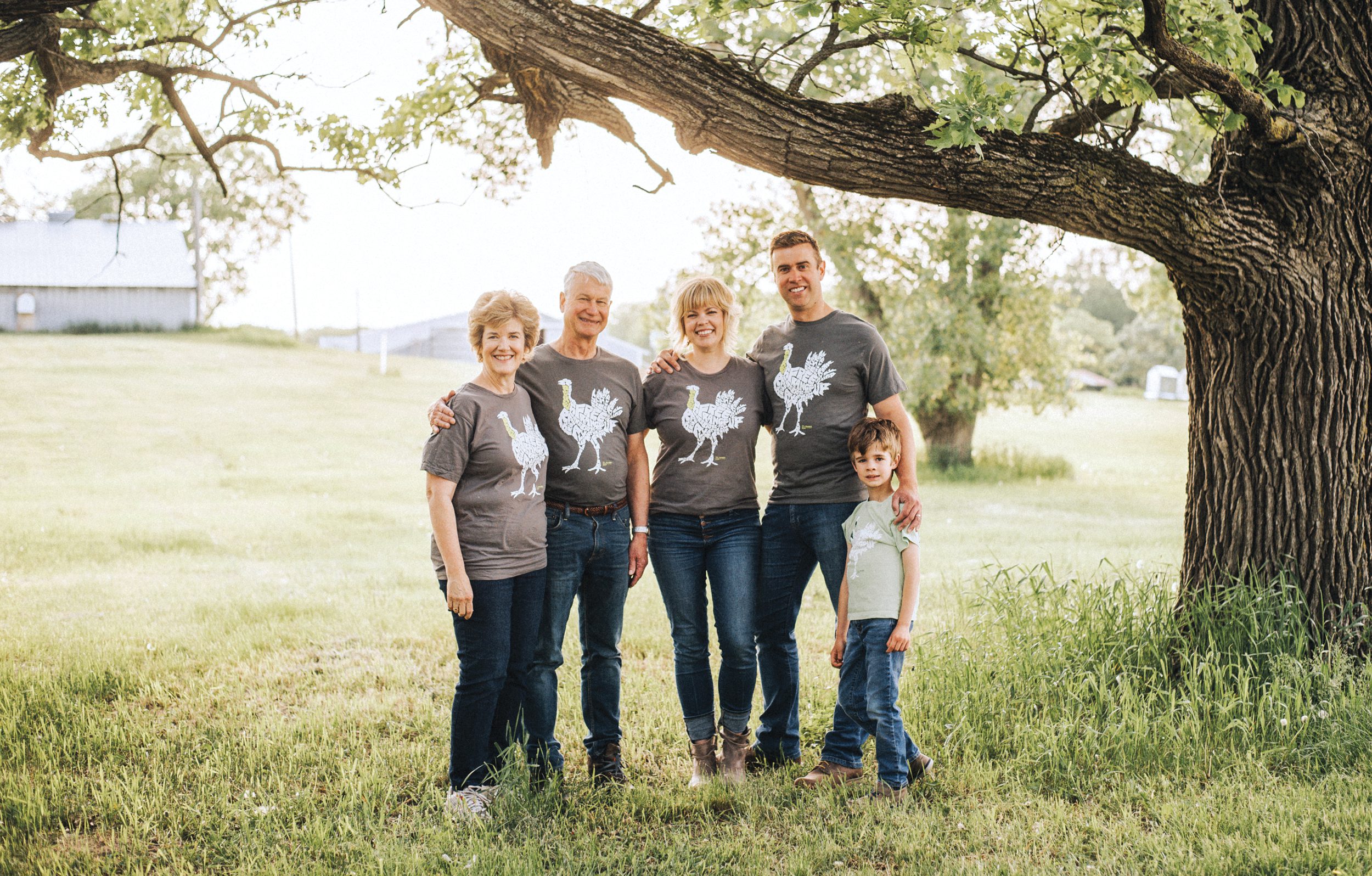
6. What’s the one thing you wish you had known before you started?
I don’t think I can limit it to just one thing! Ignorance is bliss when starting a business, and I’m thankful I was a bit naive to all the things I’d need to know someday. I never took an ag or poultry science class in college, never studied product development, operations, or meat science. I’ve been fortunate to learn a lot along the way, and I know my education is far from complete!
7. How do you manage your life/work balance?
Well, it remains a work in progress. There’s a blessing and a curse to living and working on the same farm, so I try to savor the benefits it provides, since it’s easy for work and home to meld together. I am, however, incredibly fortunate that we have a great and loyal team on our farm and in the market, and that’s a tremendous support to a healthy work life balance.
8. What keeps you inspired? Any quotes that keep you going?
This may sound a little corny, but I’m sincerely motivated by the notion that local and sustainable foods can positively shape the world in a meaningful way. This is true both on our farm, and the many other local farmers and food makers we partner with in our on-farm market. When so much of our food and ag economy has been consolidated by global companies, I believe we are doing something inherently different in the way we grow our turkeys, support our rural communities, care for our land and employees, and provide good clean food. It’s obviously not a new model, but it’s not the standard in agriculture today. The idea that we can make a difference while preserving our way of farming, is incredibly motivating to me. I must still be full of idealism, but that belief keeps me inspired to keep going each day.





